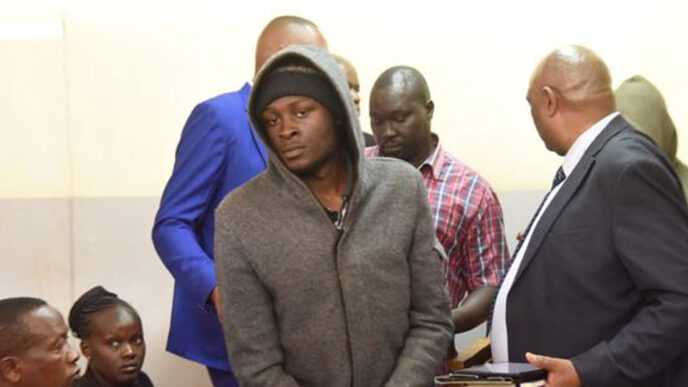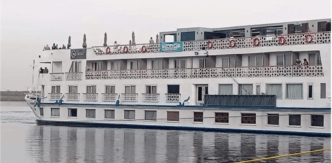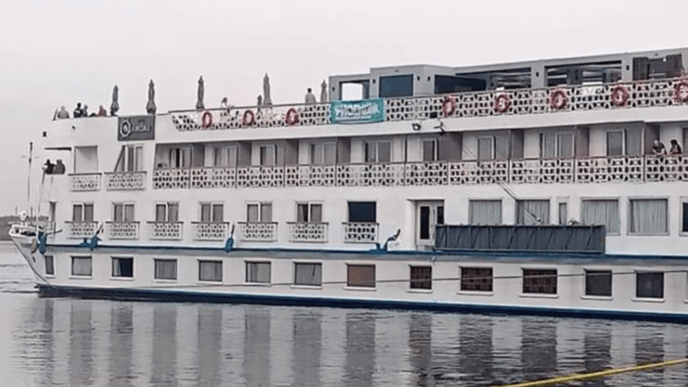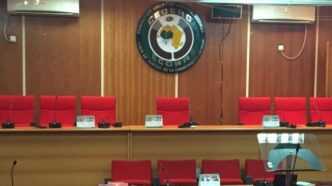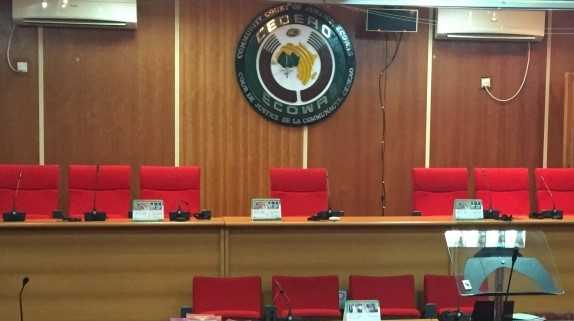Tunisian journalists Burhan Bseis and Mourad Zghidi now face detention after the Public Prosecution ordered their imprisonment on suspicion of money laundering on December 3, 2024.
This development compounds their ongoing legal troubles, as both journalists are already serving one-year prison sentences for “spreading false news.”
The Growing Legal Battle Against Tunisian Journalists
Bseis, a political program presenter on IFM radio, and Zghidi, his co-host, were sentenced to prison earlier this year in May on charges related to the dissemination of false information.
Specifically, the court convicted them for using information systems to publish news containing personal data and falsehoods aimed at defaming others.
Their convictions sparked concerns about the state of freedom of expression in Tunisia, with multiple human rights organizations accusing the government of targeting journalists and political dissidents.
Tunisia’s Controversial Legal System and Political Tensions
The new money laundering charges come amidst a broader political crisis that has engulfed Tunisia since President Kais Saied began implementing exceptional measures in July 2021.
These measures, which opposition figures describe as a “coup” against the 2011 revolution’s constitution, have sparked a political divide. Saied claims the judicial system in Tunisia is independent, but critics argue he uses it to suppress dissent, particularly targeting journalists, activists, and political opponents.
International Outrage and Concerns Over Press Freedom in Tunisia
Many international observers have expressed alarm at the detention of journalists under the current regime, viewing it as part of a broader crackdown on press freedom and political opposition. As Bseis and Zghidi await trial for their new charges, the situation continues to raise questions about the state of democracy and human rights in Tunisia.
The detention of these two journalists, already embroiled in a controversial legal case, could serve as a reminder of the delicate balance between press freedom and government control.
Given the difficult political situation in Tunisia, it is evident that these court cases are about much more than just the two parties; they have come to represent the continuous conflict between freedom of speech and authoritarianism.
Tunisia’s Press Freedom Under Threat?
As Tunisia grapples with political and judicial turmoil, the charges against Bseis and Zghidi have cast a spotlight on the challenges journalists face in the country.
The situation raises critical questions about Tunisia’s commitment to freedom of expression and whether the judiciary can remain impartial in an increasingly polarized environment.
The international community will surely be closely monitoring Tunisia’s press freedom situation as these judicial proceedings progress.
Read More:




